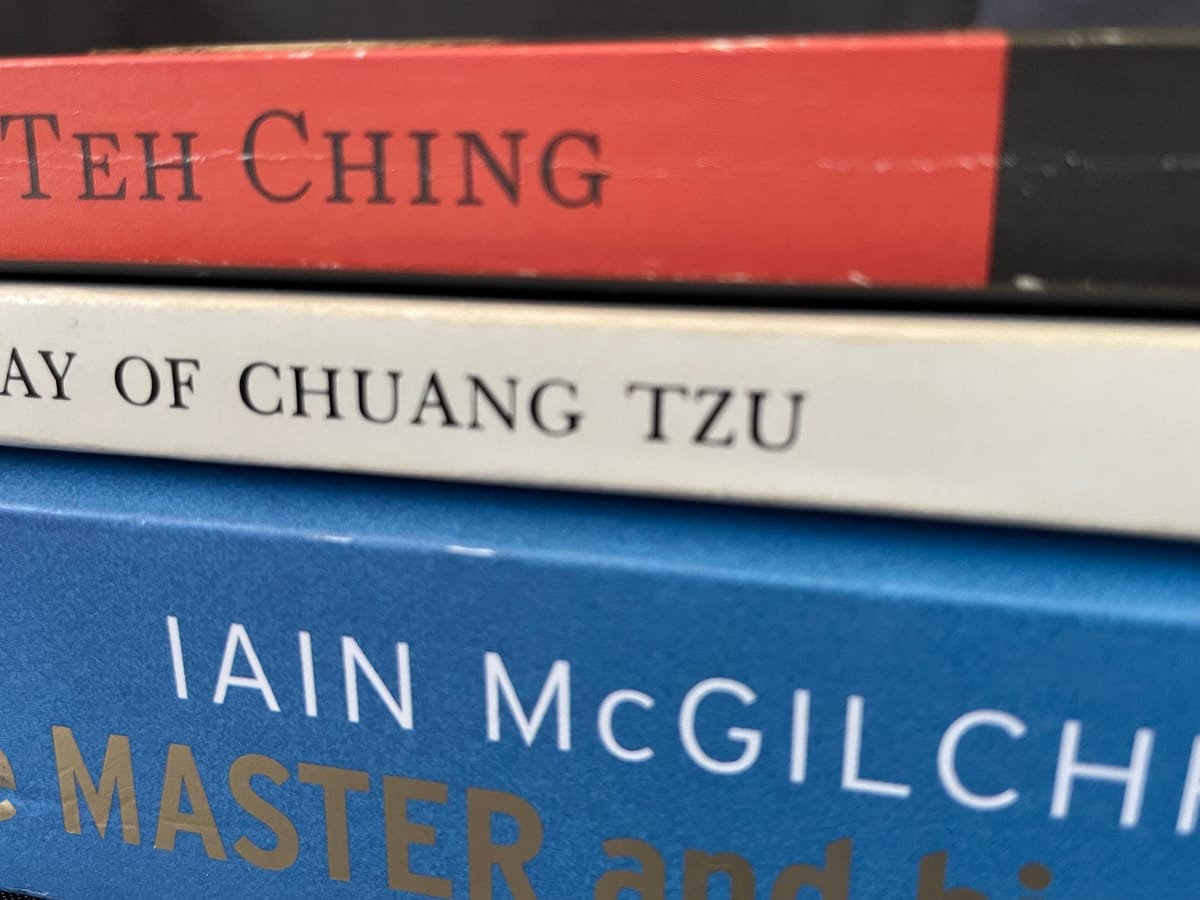The Left Hemisphere is a Paradox Moron
It is very possible that "paradoxes are actually fundamental to reality. . . . We exist in a world, of not forms, but of paradoxes." Lex Fridman (Edward Frenkel, #370), 1:10:25

So, I’m working through Iain McGilchrist’s The Master and His Emissary. I’m a third of the way through but more than two-thirds blown away. It’s a stunning work.
I agree with Russ Roberts on "Econtalk” who said he can’t recommend the book to his listeners but can’t recommend it enough. It’s a slog but an exciting one.
The premise of the book
The right hemisphere is the master. The left hemisphere is its emissary.
The right hemisphere looks at reality in its fullness. The left hemisphere divides, then manipulates and uses those things.
Both hemispheres are necessary, but the right hemisphere is the master because it sees the big picture. The left hemisphere is supposed to use its talents of dividing to further the big picture of the right hemisphere.
Unfortunately, in the modern world, the left hemisphere has usurped the right hemisphere’s place and has become the master . . . much to our detriment.
The paradox moron
McGilchrist says the left hemisphere’s dominance makes us unable to solve paradoxes.
The sorites paradox goes like this: One grain of sand is not a heap. You can keep adding one grain at a time. No one grain will ever make a “nonheap” into a “heap.” So how can it ever be that a heap has come into being?
That, McGilchrist says, is left-hemisphere thinking. The left hemisphere, being wrapped in logic and the use of reason, can’t get past it. The left hemisphere is a paradox moron.
The right hemisphere, meanwhile, looks at the situation and is like, “Well, it doesn’t really matter, but looked at in the big picture: all those grains have clearly become a heap.”
Heraclitus appreciated reality
McGilchrist approvingly cites the ancient Greek philosopher Heraclitus. Heraclitus was undisturbed by paradoxes because he took “it as a sign that our ordinary ways of thinking are not adequate to the nature of reality.” (I'm not sure I agree with McGilchrist on this point. Heraclitus, like Berkeley and Zeno, succumbed to stilted existence in his thinking when he concluded all is change. I cite Heraclitus here to use the italicized quote.)
Reality, in other words, transcends the left hemisphere’s tools: language, subject-object, and reason.
The right hemisphere, in other words, transcends language, subject-object, and reason.
The right hemisphere, in other words, is attuned to the Tao, or what I refer to as St. Thomas’ “Act of Existence.”
And maybe McGilchrist would say the right hemisphere is the Tao or Act of Existence.
Like I said, I’m only a third of the way through the book.
But at this point, I’m hooked into it like I’m reading a detective novel, even if I can only absorb a few pages in each sitting.
Check back with me in 2023. I should be done by then.
